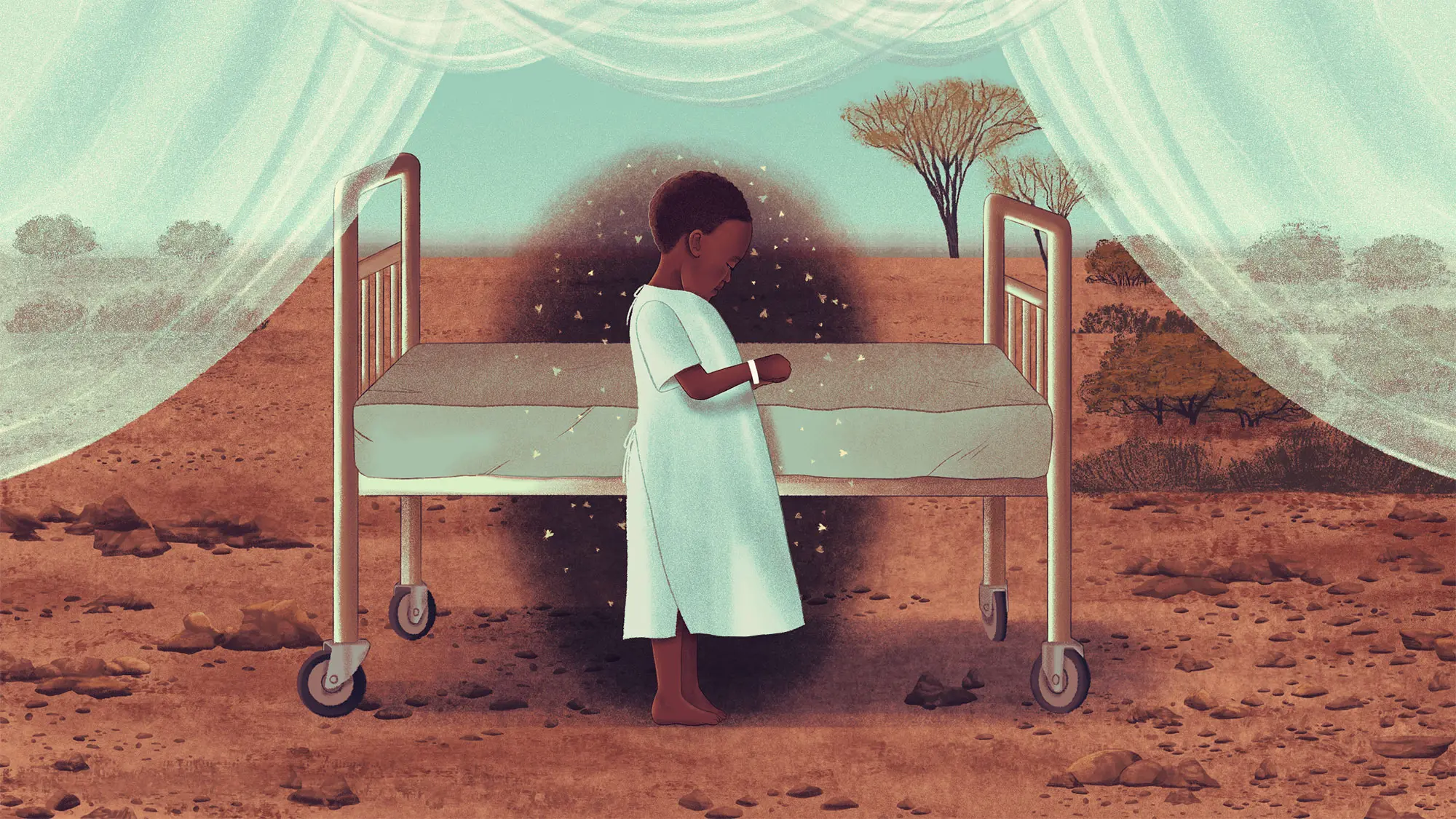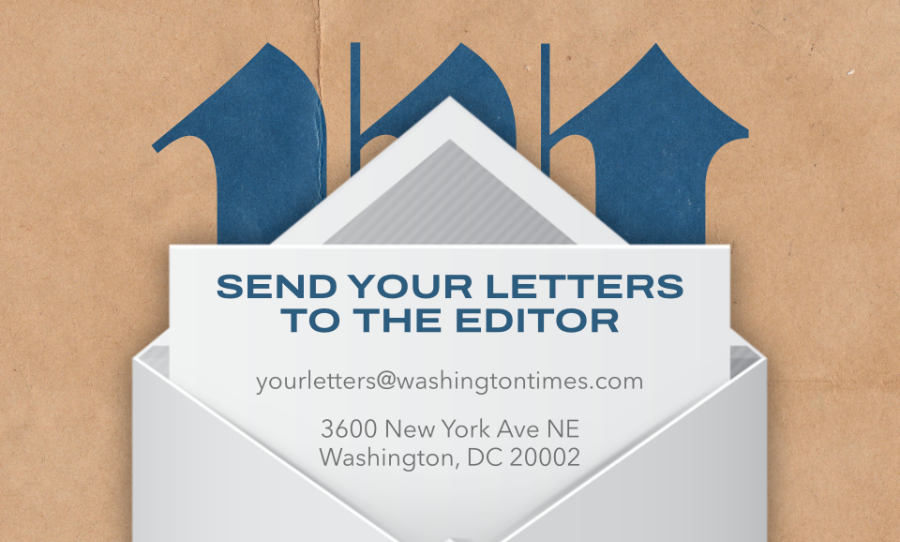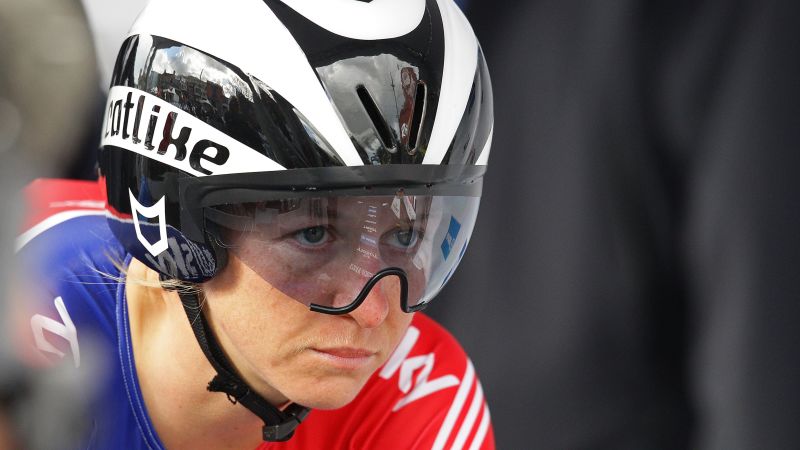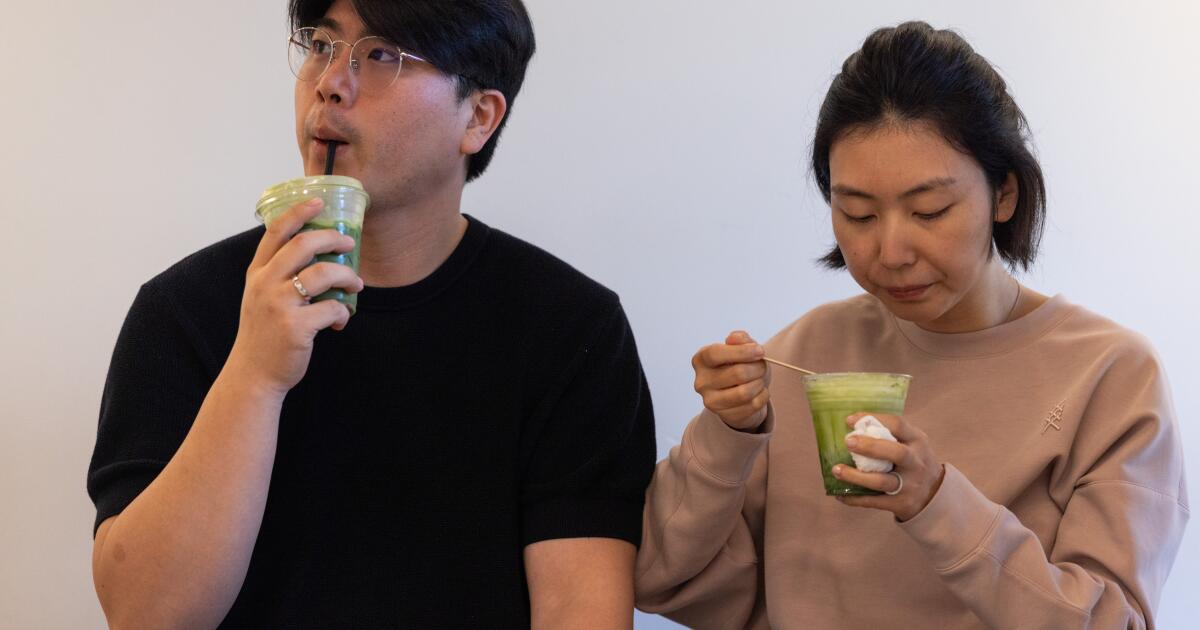Copyright msnbc
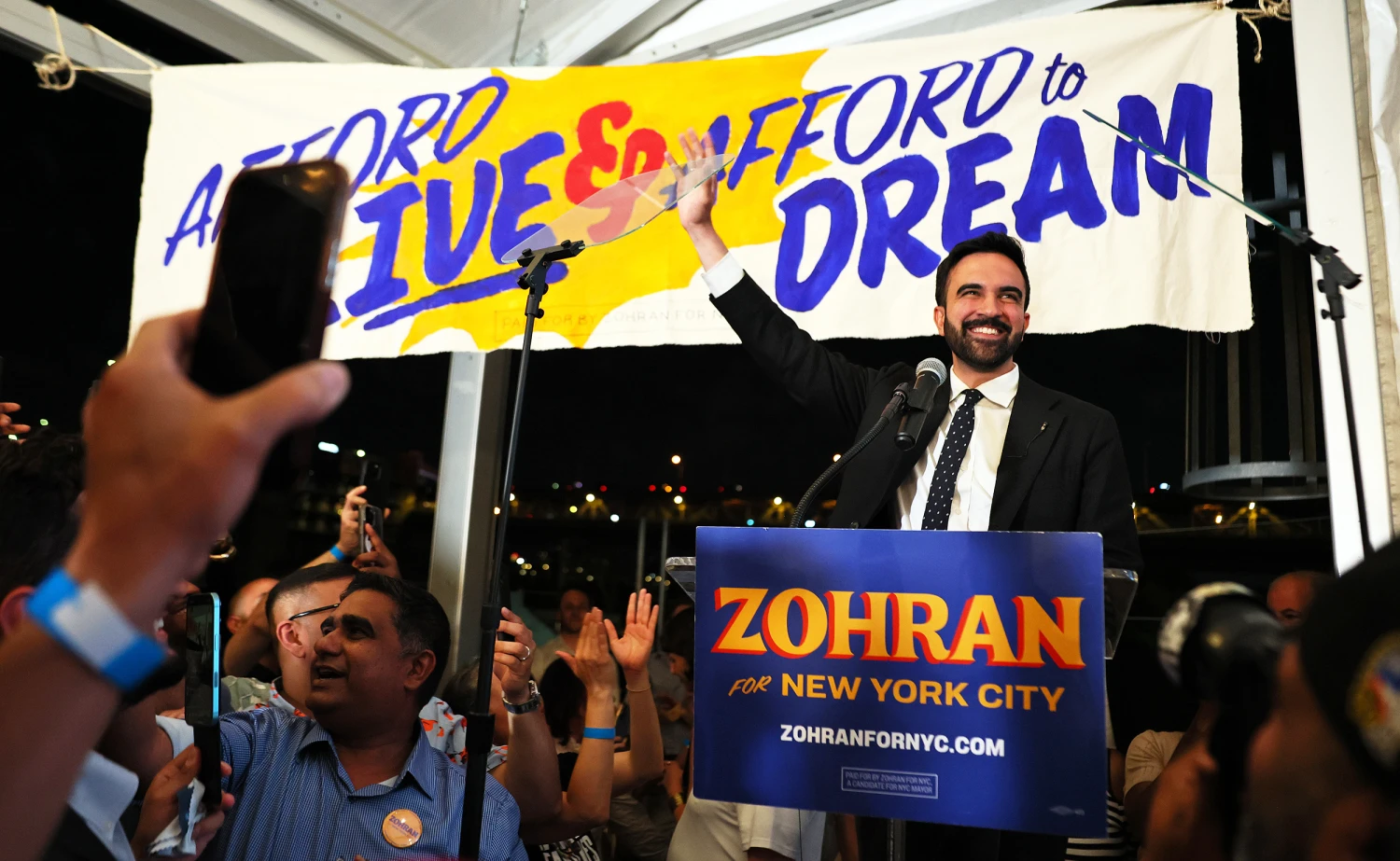
For me, New York City has always been a place of wonder and limitless possibility. This belief was renewed Tuesday when the country’s largest city elected its first Muslim mayor, Zohran Mamdani. Hundreds of thousands of New Yorkers eschewed Islamophobia and bigotry in favor of hope and kindness. Throughout the race, Mamdani painstakingly centered his campaign on making the city a less expensive place to live. But in the closing days of the race, Mamdani’s focus on affordability became overshadowed by bilious Islamophobia from right-wing pundits, Republicans and even Democrats — including former New York Gov. Andrew Cuomo, who remained in the race as an independent candidate despite losing the Democratic nomination to Mamdani. It was all a dismaying reminder that bigotry against Muslims remains a socially acceptable form of attack in American politics. Yet Mamdani emerged victorious, while refusing to shed his Muslim identity amid the blitz. To me, a Muslim father of two young boys, the new mayor’s public embrace of his faith has been abundantly heartening and healing. Almost daily, my 7-year-old son asks me if a specific individual in his orbit is Muslim or not. Now, with a megawatt smile reminiscent of New York’s newly minted mayor, I can point him to Mamdani for inspiration and belonging. The history of Islamophobia in the U.S. — and the West more broadly — goes back centuries. In the 1970s, the brilliant academic Edward Said’s book “Orientalism” described how Western colonial empires, including the U.S., “otherized” the ancient societies of Asia, the Middle East and North Africa as primitive, violent and savage. As author Hanif Abdurraqib wrote in The New Yorker earlier this year, Islamophobia has been “a kind of ever-present static in the American psyche, tuned lower at times and then growing cacophonous with even a light touch of the volume dial.” This fear and loathing of Islam reached a fever pitch after 9/11, when the humanity of American Muslims was frequently treated as incidental next to national security concerns. Mamdani came of age in post-9/11 New York City and was scarred by its cruelty. He has recounted being interrogated at an airport about whether he had plans to attack New York and shared his aunt’s fear of riding the subway in a hijab. “There are a lot of people who want to claim that America is not big enough for all of us. There is not as much reflexive opposition to Islamophobia as we have seen to other forms of prejudice, so you hear it explicitly or implicitly in public life,” Abdul El-Sayed, a public health official and current candidate for Senate for Michigan, told me. “Even in the 9/11 era, there was not that kind of weaponization of hatred that you see in the Trump era.” That vileness has been on full display since Mamdani’s victory in the Democratic primary. Republican Rep. Elise Stefanik called him a “terrorist sympathizer.” Her GOP colleague Marjorie Taylor Greene posted to social media a picture of the Statue of Liberty clad in a black burqa. A third House Republican, Randy Fine, has called for an investigation of Mamdani’s path to U.S. citizenship due to concern “about the enemy within.” Mamdani’s opponents in the election have peddled similar tropes. Outgoing Democratic Mayor Eric Adams implied that his successor will bring “Islamic extremism” to the city. And during a radio interview last month, Cuomo asked, “God forbid, another 9/11 — can you imagine Mamdani in the seat?” When the host replied, “He’d be cheering,” Cuomo chuckled and agreed. None of this hate is particular to New York City’s mayoral race. Just last month, the Institute for Social Policy and Understanding released its 2025 American Muslim Poll, which found that 63% of Muslims reported facing discrimination in the last year — the largest share of any religious group. Nearly half of Muslim families with school-aged children reported a child who experienced faith-based bullying in the past year. Islamophobia intends to intimidate Muslims, cause them to cower and recede into the darkness. But Mamdani did not back down. Instead, he leaned further into his religion and, in a moving address, swore to always find himself “in the light” and no longer “in the shadows.” He spoke directly to New York City’s populace about his faith and personal experiences with Islamophobia, remained steadfast in his support of innocent Palestinian lives in Gaza, visited 55 mosques and attended Friday prayers. In sum, the new mayor has vowed simply “to be a Muslim man in New York City.” And on Tuesday, New York City embraced that Muslim man. “The narrative has shifted, less about blaming Muslims for everything and distraction, and more about regular Americans asking themselves questions they’ve never asked before,” Omer Aziz, an author and current Radcliffe Fellow at Harvard University, told me. “New Yorkers have had enough.” Mamdani’s ascension to the highest office in the country’s biggest city is momentous for young Muslim children like mine who are constantly seeking their likeness in a very prominent, public figure — one who looks and prays like them. “That ability to see yourself in somebody who others have chosen to lead us in this explicitly American endeavor of democratic leadership. There’s something special in that,” El-Sayed told me. “The more we test the hypothesis that America can include and that America can embrace, the better our country becomes.”
